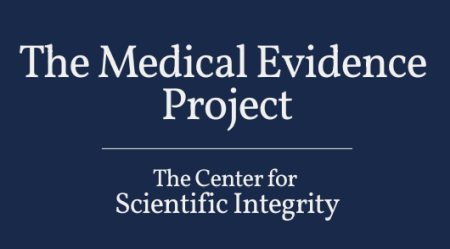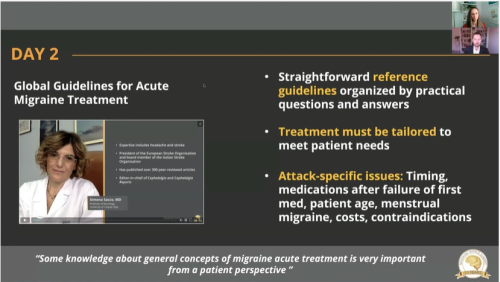Science Fraud: A Faster way to Detect It?
Go to the source – read the clinical trial results – check the science – . Well, it all sounds like great advice. But what if the clinical trials themselves are frauds? Or – perhaps – they’re not quite what they seem to be, even with good intentions.

We’ve talked about this growing issue before (see The Case of the Missing Studies: Patients missing critical information and Are Clinical Trials Still Being “Hidden”?).
Sure, if the clinical trial doesn’t come out the way you want, you can just … not publish it … at least not yet. But that’s only part of the problem. There are misleading statistics. There are downright fake numbers that are published. It’s a huge problem.
Early in the days of my migraine research there was a lot of discussion about PFO closure. Of course, the possibilities of PFO closure are still being discussed.
But back ten years ago, it was discovered that Andrew Dowson, then director of headache services at King’s College Hospital in London, was suspended for “serious breach of professional standards” – dishonesty. And a special device that was being promoted for PFO migraine treatment turned out to be possibly useless and potentially dangerous. (BMJ: Migraine doctor loses appeal against findings of dishonesty. See also the discussion in My life as a whistleblower: Q&A with Peter Wilmshurst)
It’s shocking that these studies, which should be used to help people, are only being used to help a few make money.
One problem is that it can take a long time to really study all the many studies and reports that are out there, even if they are published. But The Center for Scientific Integrity wants to speed things up, using the tools of their Retraction Watch to…
…leverage the tools of forensic metascience — using visual and computational methods to determine a paper’s trustworthiness — to rapidly identify problems in scientific articles, combined with the experience and platform of Retraction Watch to disseminate those findings.
Retraction Watch (June 2025)
This could potentially be a great use of modern computational capabilities. Not to set aside human investigation (after all, computers can be used for selfish purposes as well!), but to provide a quick way to identify possible problem studies.
This doesn’t address all the “science fraud” out there, but it may be another way to publicly investigate and find even “small errors or mistakes that have an outsized impact on clinical results”.



